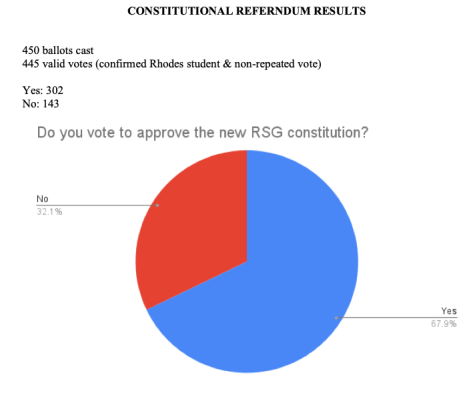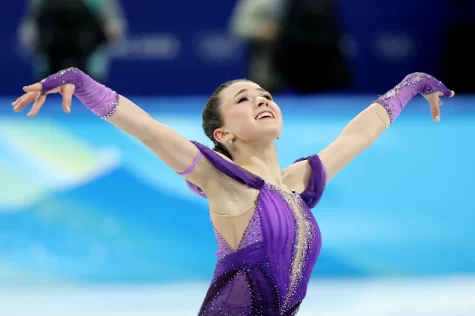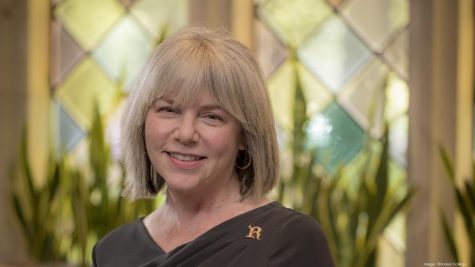The past, present, future of afro-futurism

The film “Black Panther” incorporates aspects of the afro-futurism genre.
October 30, 2018
On Tuesday, Oct 23, The Memphis Centered program held a panel with four writers to discuss Afro-futurism. The name of the Genre itself was coined in the mid-1990s, but the genre began to appear as early as the 1950s. The crash course summary of what Afro-futurism would be to call it a combination of Sci-fi and magical realism with a Afrocentrism focus, specifically pertaining to discussion of African or African American Diaspora with culture and technology. Or, to put it simpler, it’s a type of Sci-fi-esque writing which discusses and draws elements from African and African American experiences and cultures.
The panel had two main parts. The first was an introduction of each author, in which each performed a segment of their work. Professor Arthur Flowers was introduced first. Prof. Flowers teaches at Syracuse, and his work is mostly focused in prophetic writing, literary realism, and performance poetry. He described himself as “a contemporary griot” which refers to the oral storytelling tradition of Africa. His piece weaved both southern Christian concepts and traditional African spirituality into a message of power and hope for a better future. Jamey Hatley was spoke next. Ms. Hatley credits Prof. Flowers as a mentor, and also focuses primarily on literary realism. “Everyone does not tell the truth, the world does not tell the truth, about black people.” She said when describing the impetus behind her work. Her piece was set at the Eureka Hotel during its operational times. The Eureka was near to the Lorraine motel in segregation times, and was a safe place for African American families to stay. The piece plays with changing perspective and tells the story of a young, presumably bisexual or lesbian, girl deciding what to do with her life for the first time. Next, Sheree Renee Thomas spoke. Ms. Thomas is an acclaimed editor and writer who focuses primarily on the sci-fi and fantasy aspects of the genre. She read an excerpt from sci-fi story which focused on a speculative society. Lastly, Troy L. Wiggins was introduced. Wiggins’s piece was a fantasy piece set in the modern day about a boy, learning to bend light with from his mother and shadow from his father, all to hide and become safe, until the tensions of society exploded.
After this, the question portion of the evening began. The questions were scattered, ranging from questions of good Afro-futurist media, to where the heading and how it is using larger genres. The use of other genres is indicative of the 2.0 movement. The 1.0 movement was “still playing around with European ideals” as Thomas said, and focused mainly on inserting a race excluded into the sci-fi genre. The 2.0 movement broadens that scope and focuses on societal change and conversation.
At one point in the evening Professor Abou-Bakar Mamah, a professor of French here at Rhodes, spoke on his views of afro-futurism in francophone sub-Saharan Africa (a subject which he recently wrote a dissertation on). Which widened both the subject, and the media suggestions, to a global level. This led to a discussion of the 3.0 wave of afro-futurism. “Just finally looking at what they’re [non-US identified African writers] are doing.” Ms. Hatley succinctly said on the 3.0 wave.
With the edges of the 2.0 movement blurring into the more globally centered 3.0 movement, the genre is in a state of flux. Instead of this being a cause for concern, each author seems excited about the broadening of scope, ready to learn what is happening in the genre elsewhere, and excited to contemplate more global pieces. Additionally, with the rise of films like Black Panther, there is no longer room to make the profitability excuse for excluding this genre from all media, and there is increasing growing popular interest as well. If this trend continues, the genre’s goal of sparking conversation, contemplation, and most importantly change, will succeed in ways greater than all the strides it has made in its past.












